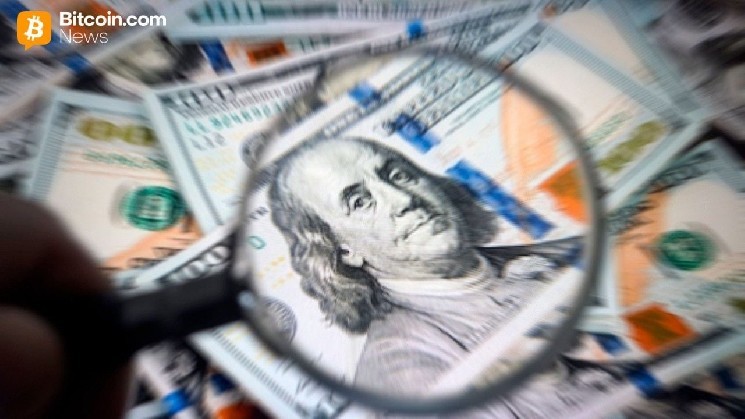Brazilian exchanges have reported elevated adoption of stablecoins because the monetary transaction tax (IOF) greater than tripled from 1.1% to three.5%, impacting funds overseas and the acquisition of overseas forex with money. Rules are presently being developed that might shut this loophole.
Stablecoin adoption surges in Brazil to keep away from monetary transaction tax
reality:
Brazil has grow to be a hotbed for stablecoins, with residents utilizing authorized irregularities surrounding these property to keep away from paying taxes. Earlier this 12 months, the Brazilian authorities revised the Monetary Transactions Tax (IOF), practically tripling the tax charge from 1.1% to three.5%, affecting using cost playing cards for purchasing overseas and buying overseas forex.
Since then, the buying and selling quantity of stablecoins has elevated on cryptocurrency exchanges. On the nationwide trade Biscoint, these buying and selling volumes elevated by 78% from 2024 to this 12 months, in response to Valor Economico. Complete gross sales elevated from $9.84 billion to $13.74 billion.
Sara Uska, a spokeswoman for Vitibank, one other platform providing crypto-backed playing cards, stated it has seen an “extraordinary improve” in utilization, reporting a 36% improve in stablecoin transaction quantity from June to July.
Present Brazilian laws don’t think about stablecoins to be foreign currency echange, thus exempting them from the levies related to different cost instruments.
This subject is already being thought-about by the Brazilian Central Financial institution, and the Brazilian Income Board (RFB) is getting ready laws relating to stablecoins, recognizing that tax points must be resolved.
“This regulation consists of, amongst different issues, particular situations and necessities relating to using digital property, together with these denominated in foreign currency echange (stablecoins), in worldwide funds,” the financial institution famous.
Why it is related:
Enacting laws to tax stablecoin funds poses challenges for each customers and regulators. The latter might want to adapt to those new guidelines and act in accordance with nationwide legal guidelines, whereas the previous might want to assess the feasibility of such a tax in a dynamic ecosystem like cryptocurrencies.
Hundreds of thousands may find yourself within the coffers of Brazil’s Treasury, however it stays to be seen whether or not these measures will apply to unhosted wallets and decentralized finance operations, elevating questions in regards to the feasibility of such regulation.
Trying ahead to:
Any future strikes might want to transfer stablecoins out of their regulatory quagmire, however central banks danger blocking present adoption except they steadiness the pursuits of all events concerned, together with crypto customers.
FAQ 🧭
Why is stablecoin adoption hovering in Brazil?
Residents are turning to stablecoins to keep away from the rise within the Monetary Transactions Tax (IOF), which was raised from 1.1% to three.5% earlier this 12 months.What statistics present the expansion of stablecoin buying and selling in Brazil?
Stablecoin buying and selling quantity elevated by 78% from 2024 to this 12 months, with Viscoin’s complete income growing from $9.84 billion to $13.74 billion.How is Brazil’s central financial institution responding to the elevated utilization of stablecoins?
Central banks have acknowledged the necessity for readability in tax therapy and are getting ready laws to handle stablecoins and their use in worldwide funds.What challenges could come up from new stablecoin laws?
Laws that taxes stablecoin transactions can complicate compliance for customers and regulators, and will influence additional adoption if not successfully balanced.


